And what do you know about your heart? TEST. Answer these questions: Facts or Myths.
1. Your heart needs 1 hour of exercise daily.
2. Your heart stops beating when a heart attack occurs.
3. Dietary fiber can lower cholesterol.
4. Pain in the jaw or back can be a sign of a heart attack.
5. You have high cholesterol just because of malnutrition.
6. A small dose of aspirin can help you avoid another heart attack.
7. Eat only low-fat food to protect your heart.
8. Obesity is the biggest risk factor for heart disease.
9. Cardiological diseases kill more women than breast cancer.
10. Eat fish at least twice a week to maintain heart health.
Answer # 1 — Myth. Physical activity is the key to your health, but for this you don’t need to spend 1 hour a day in physical training. 30 minutes of moderate activity (for example, gardening, walking, yoga, cycling) at least 5 days a week will be enough. This activity can be replaced by 25 minutes of more intensive activities (for example, running, swimming or basketball) 3 days a week.
Answer # 2 — Myth. During a heart attack, the heart almost always beats, but its blood supply is disturbed. As a result, it does not receive enough oxygen, which can harm it. When your heart suddenly stops beating, it is called “heart failure”.
Answer # 3 — Fact. Fibers reduce the level of “bad” cholesterol and can help prevent heart disease. Fiber comes from plants: whole grains, fruits, vegetables and beans. It is best to get it from food in which there are many other useful nutrients, rather than additives.
Answer # 4 — Fact. Although the most common sign of a heart attack is chest pain, this is not always the main symptom. You may have shortness of breath, nausea, sweating or dizziness. Sometimes, particularly women may experience pain or discomfort in other parts of the body, such as the back or jaw.
Answer # 5 — Myth. The level of cholesterol is also determined genetically. But you can control it by choosing the right products. Limit the consumption of fatty meat, fatty dairy products and fried food.
Answer # 6 — Fact. The American Heart Association recommends daily intake of small doses of aspirin to people with a high risk of heart attack or who have already had a heart attack or stroke. Aspirin helps prevent blood clots, but it can also cause a stomach ulcer. Consult your physician before taking this medication.
Answer # 7 — Myth. It is worth using fats that are not harmful to your heart (for example, rapeseed or olive oil). Products that are labeled as low-fat, can still contain a lot of salt or sugar.
Answer # 8 — Myth. Sit on the couch – this is the worst thing you can do for your heart. Approximately 40% of people are at risk of heart disease because they are inactive. And only 34% are at risk from obesity. Other important risk factors are uncontrolled high blood pressure, high cholesterol and smoking.
Answer # 9 — Fact. More women die from heart disease than from all types of cancer.
Answer # 10 — Fact. The American Heart Association recommends eating fish, especially fatty fish, such as salmon and mackerel, at least twice a week. Fish is an excellent source of Omega-3 fatty acids, plus it does not contain large number of unhealthy saturated fats. If you do not like fish, talk with your doctor about taking Omega-3 supplements.
Stay tuned with MediGlobus and read more useful information about medicine and health!





